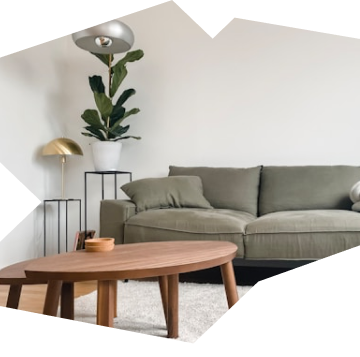Change the way you Shared Ownership
Looking to make your move?
keaze.com has changed.
We’re now offering something a little different for home seekers but sticking with what we know best; Shared Ownership! Check out how we can still help you with finding a home by taking a look at the options below.

Visit the new keaze.com to find out more about our new services
Visit keaze.com
Check out the Shared Ownership homes we have available to buy
Search today
Looking for a home in London? Check out Homes for Londoners
Search in London